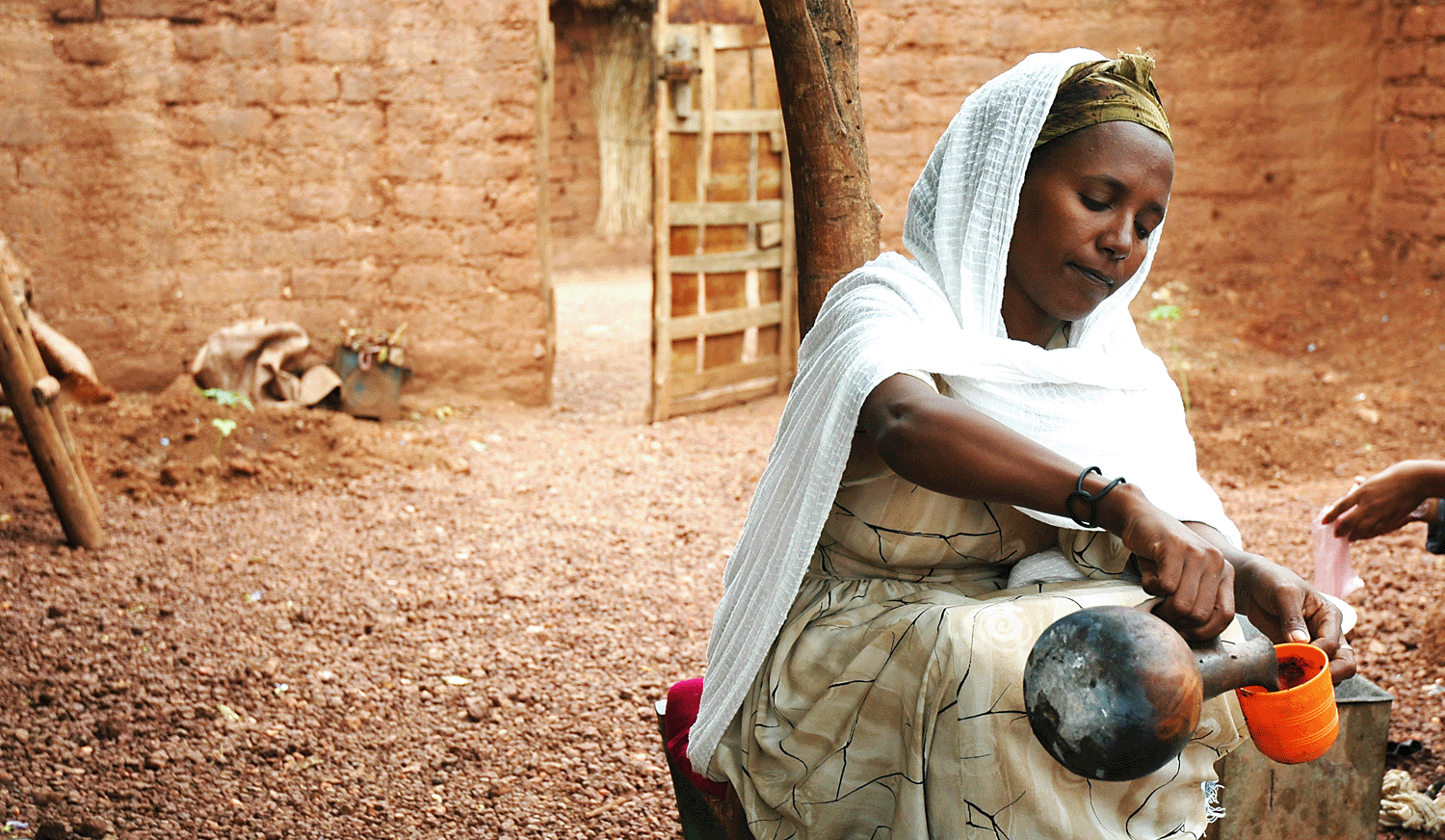By Dana Sanchez*
The Ethiopian government plans to increase coffee exports by 45 percent in 2016 through incentives and increased support to farmers as the population suffers food shortages in one of the worst droughts in 50 years. Coffee made up almost half of Ethiopia’s gross domestic product in 2014, according to the World Bank, BusinessWeek reported.
The crop was responsible 84 percent of exports and 80 percent of total employment in Ethiopia.
The U.N. estimates that 15 percent of Ethiopians will face food shortages in 2016. That’s 15 million people, ABC reports.
Crop production has failed completely in some areas of Ethiopia and is down 50-to-90 percent in others, according to the U.N.’s Food and Agriculture Organisation.
Aid groups are calling Ethiopia’s food shortages a “code red emergency” and questioning the international response, according to ABC.
Ethiopian coffee makes up 18 percent of the German market and 16 percent of Saudi Arabian demand, BusinessWeek reported.
The country has become a favorite source of coffee for major specialty coffee blenders — especially from the U.S. These include Starbucks, which operates 23,450 locations worldwide, including 12,937 in the U.S.
In recent years, the U.S. Agency for International Development (USAID) has helped the Ethiopian government and coffee cooperatives improve production, processing and marketing of Ethiopian coffee.
The program has mapped the country’s coffee washing and hulling stations and installed technology to trace coffee purchased through the Ethiopian Commodity Exchange.
Ethiopian coffee exports will increase 45 percent to over 260,000 tons in 2016, the government said in statement early this month.
Incentives will include loans for coffee exporters and processors, links to marketing, and promoting Arabica coffee at trade shows abroad, said a trade ministry spokesman.
Ethiopia earned $780 million exporting 184,000 tons of coffee in 2014 and it also has a strong domestic market, BusinessWeek reported.
The current El Niño, the strongest on record, has caused severe drought in parts of Ethiopia, triggering a decline in food security and massive drop in pastoral and agricultural production, IBTimes reported.
Ethiopia’s livestock population is the largest in Africa. Its cattle, sheep, goats, horses, camels and chickens outnumber the country’s human population, according to the U.N. Food and Agriculture Organization, UNFAO.
Farmers are running out of available grazing land and water as urbanization expands into rural areas. Some of the land that pastoralists once relied on for herding is overgrazed or has been turned into ranches, private farms, game parks and urban centers, IBTimes reported.
As many as 150 people died and many were arrested by Ethiopian security forces during recent protests against government plans to expand development of Addis Ababa to surrounding towns in the Oromia region. Protesters opposed a plan that would displace farmers and herders from fertile, ancestral lands.


















